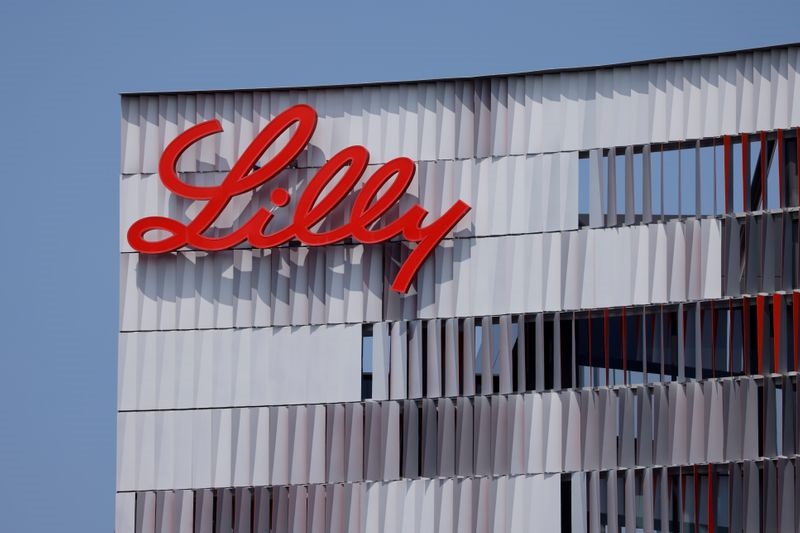Eli Lilly (NYSE:LLY) shares edged around 0.7% lower Tuesday as the company announced a price cut for its obesity drug Zepbound.
The new single-dose vials, available in 2.5 mg and 5 mg doses, are priced at less than half the list price of comparable incretin (GLP-1) medicines, aiming to broaden access for patients needing self-pay options.
The price reduction is a strategic move by Lilly to meet the high demand for Zepbound and address the growing obesity crisis.
"These new vials not only help us meet the high demand for our obesity medicine but also broaden access for patients seeking a safe and effective treatment option," said Patrik Jonsson, Lilly's Executive Vice President and President of Cardiometabolic Health and Lilly USA.
Lilly introduced a self-pay channel through LillyDirect, allowing patients with a valid, on-label prescription to purchase the vials directly. This move eliminates third-party supply chain entities.
The vials are now priced at $399 for a four-week supply of the 2.5 mg dose and $549 for the 5 mg dose, positioning them as more affordable alternatives in the market.
Following the news, analysts at BMO Capital said there should be a "positive read through to shares with the company taking a meaningful step to improve access for patients with obesity and combat the distribution of compounded drug." They believe the announcement also "likely further bolsters the company's positioning from a manufacturing perspective."
Meanwhile, Morgan Stanley said it estimates that the Zepbound US net price in 2Q24 was $790 a month, and they model this trending down over time to $600 a month in 2028.
"So while this could pressure our Zepbound average price assumptions near term (depends on mix) the incremental volume from vials could prove to be a positive offset," said the bank.
